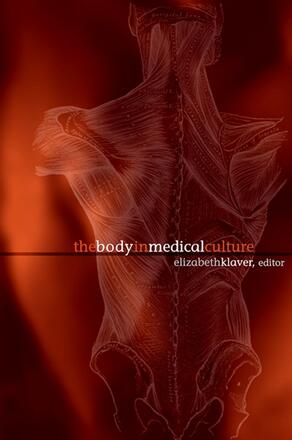
The Body in Medical Culture
Engages critically with historical and contemporary representations of the medicalized human body.
Description
2010 CHOICE Outstanding Academic Title
How do concepts and constructions of the body shape people's experiences of agency and objectification within medical culture? As an object of scrutiny, the medicalized body occupies center stage in the work of doctors, nurses, medical examiners, and other medical professionals who mediate broader cultural understandings of pathology, illness, and the various physical transformations associated with life and death. The Body in Medical Culture explores how the body functions within medical culture and examines the metaphors and models of the body used to understand medical phenomena, including disease, diagnostic practices, wellness, anatomy, surgery, and medical research. Scholars from a wide range of disciplines engage representations of bodies, including polio and masculinity, sex reassignment surgery, drug marketing, endography, "designer vaginas," and hospital humor in order to challenge the normalcy of the passively objectified medicalized body.
Elizabeth Klaver is Professor of English at Southern Illinois University Carbondale. She is the author of Sites of Autopsy in Contemporary Culture, also published by SUNY Press, and Performing Television: Contemporary Drama and the Media Culture and editor of Images of the Corpse: From the Renaissance to Cyberspace.
Reviews
"…a real page-turner … The articles are well written, sophisticated, and intellectually stimulating." — CHOICE
"One of the most impressive features of this volume is the wide range of disciplines represented throughout … Klaver's collection of essays on the body in medicine is interesting, intelligent, and readable." — H-Disability
"Klaver's collection of essays on the body in medicine is interesting, intelligent, and readable. It is a good, sane take on an important topic in both cultural studies and the medical humanities." — Kathryn Montgomery, author of How Doctors Think: Clinical Judgment and the Practice of Medicine